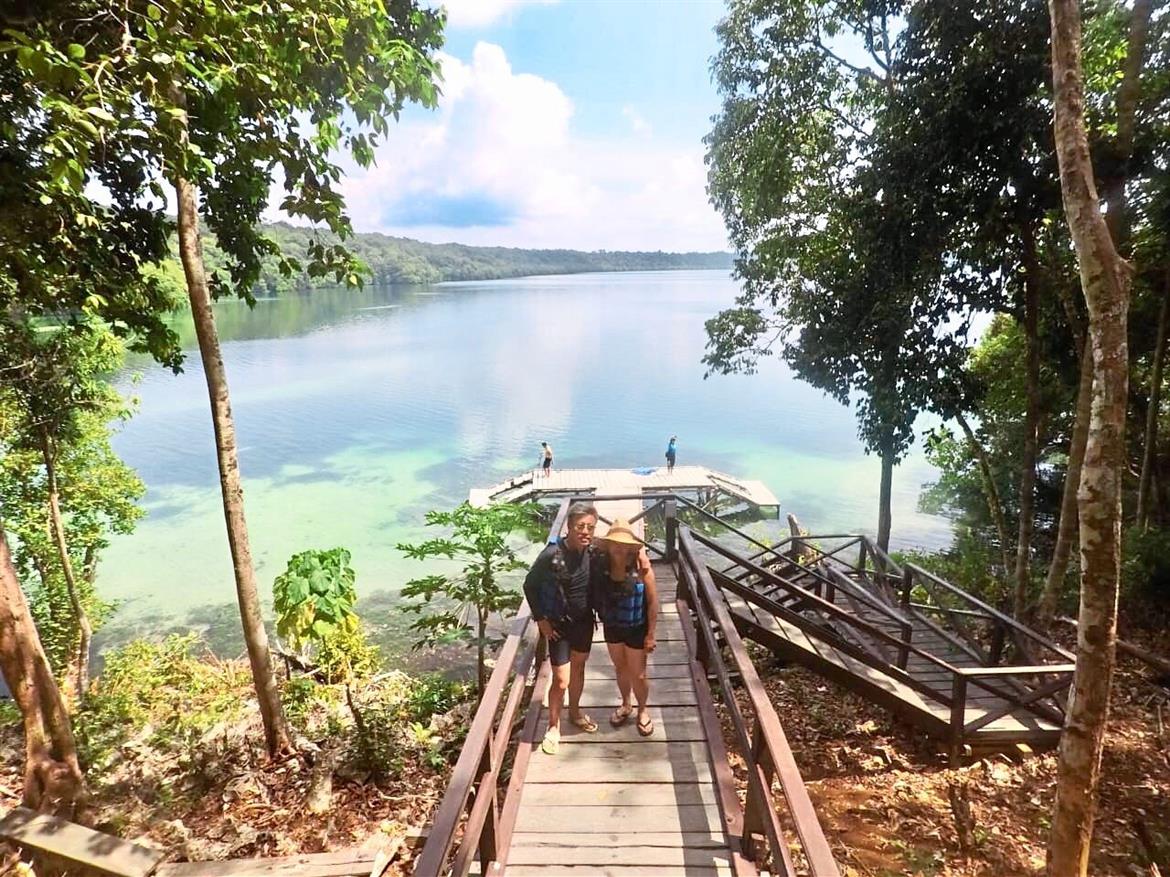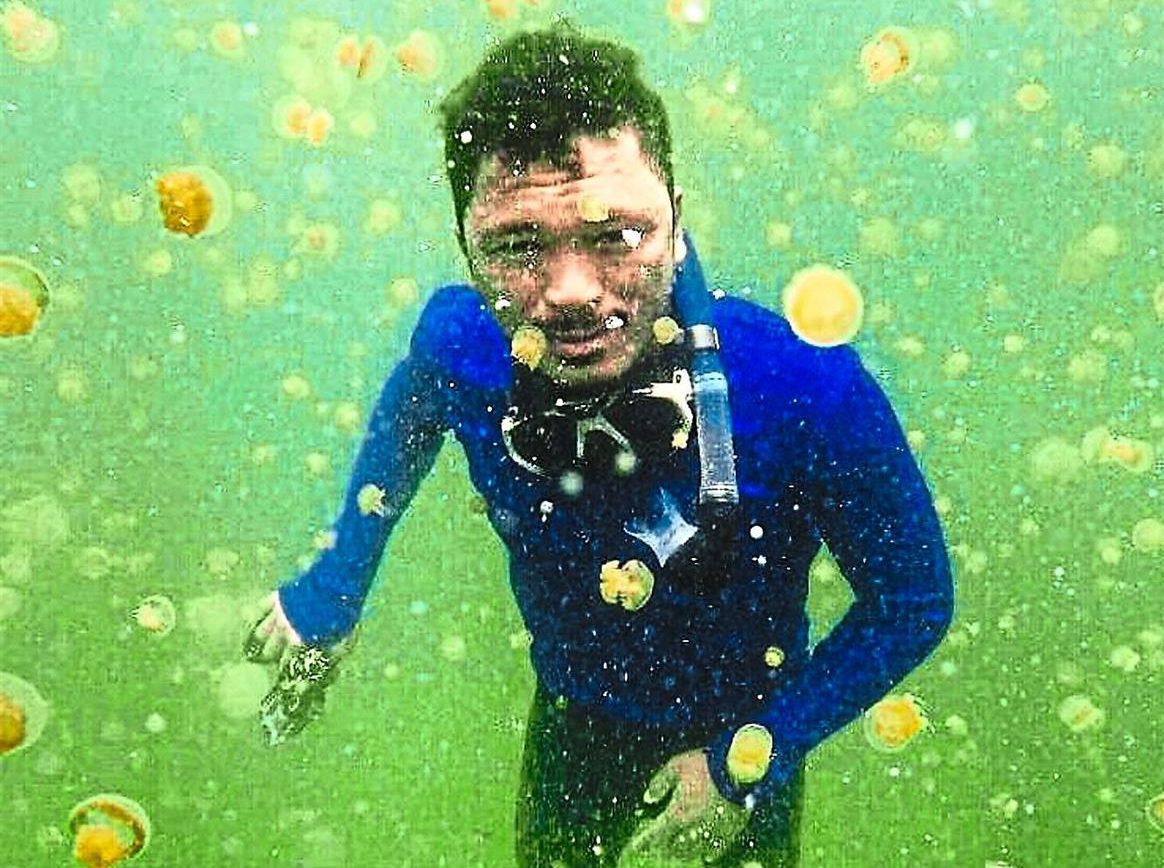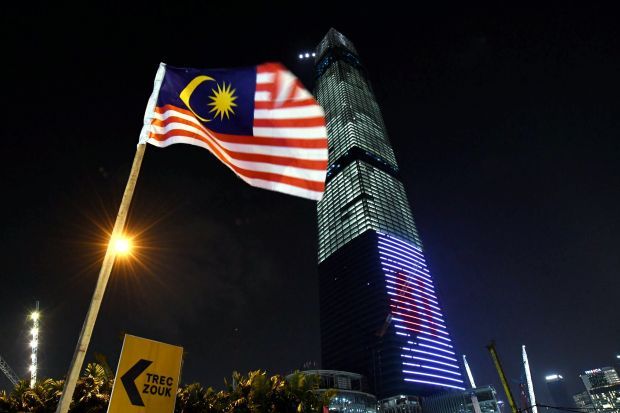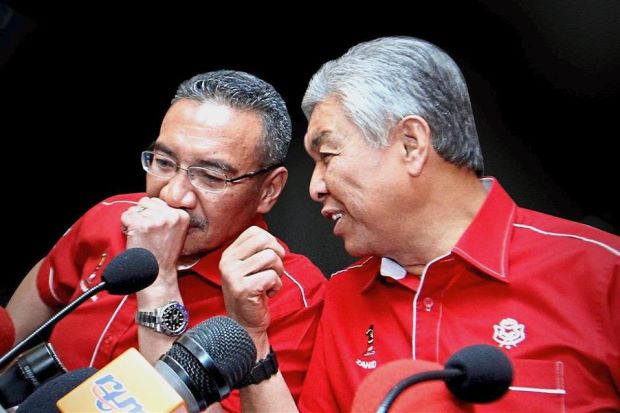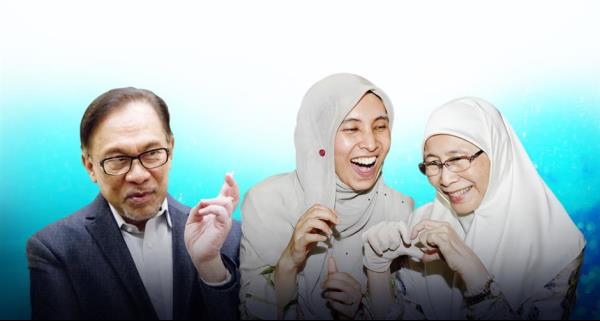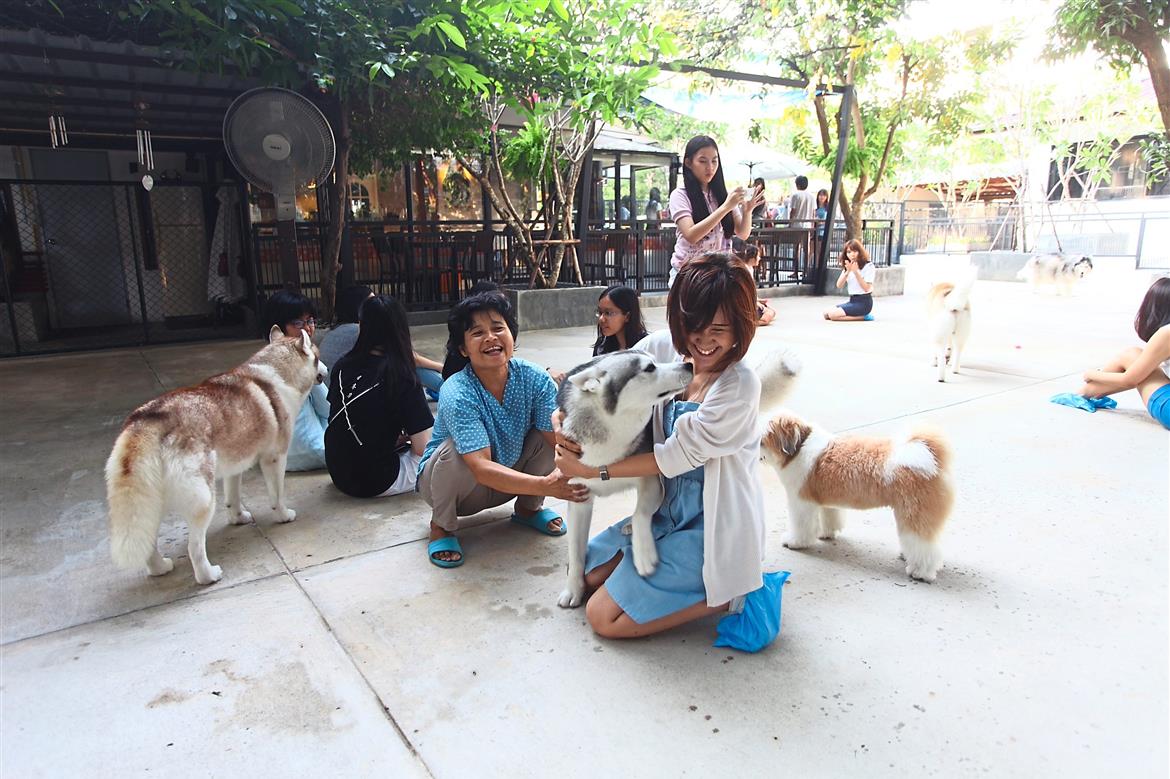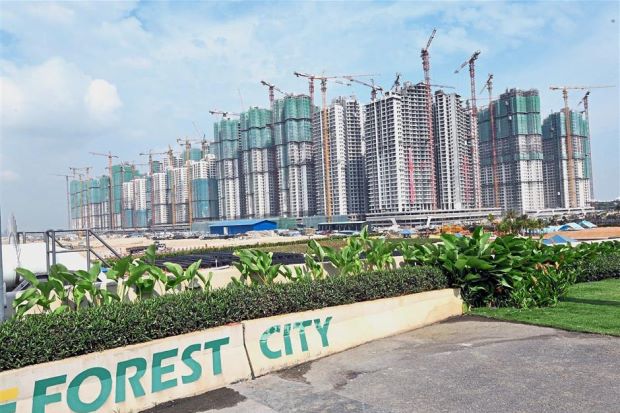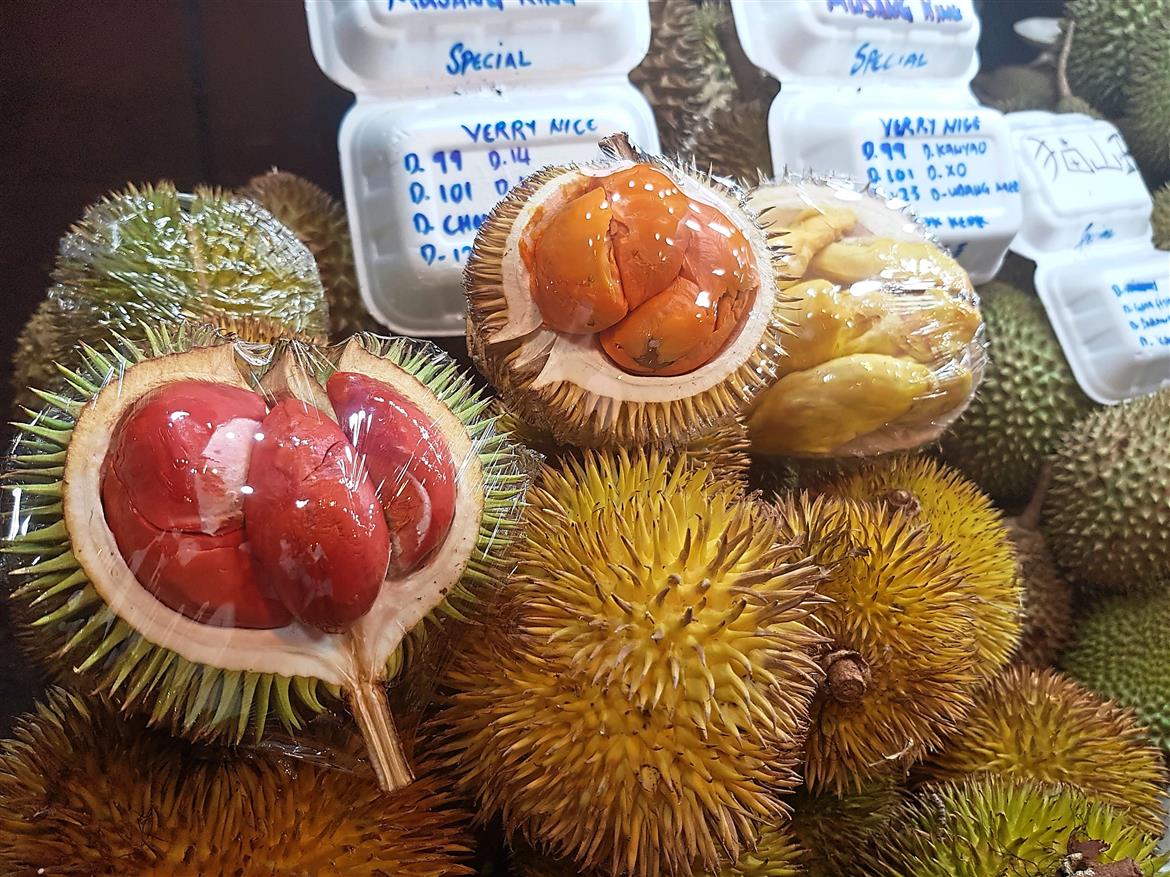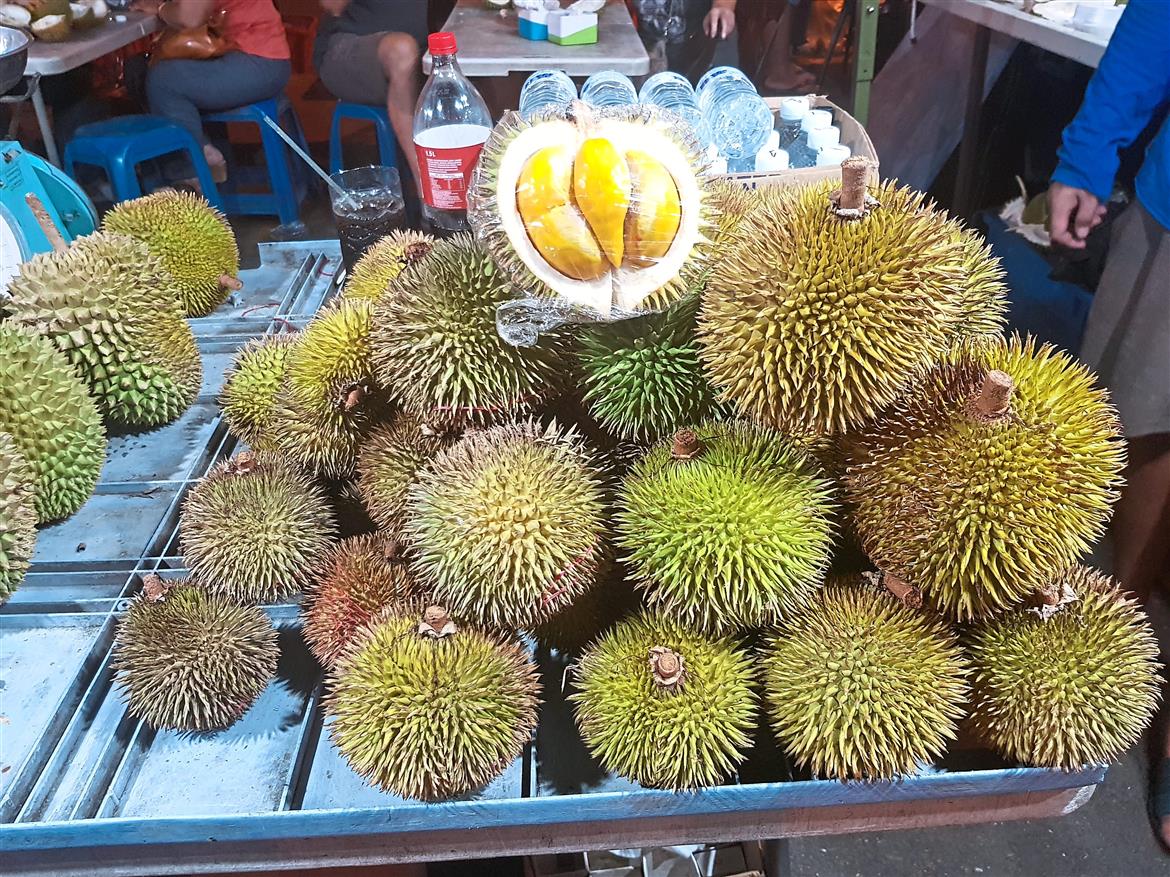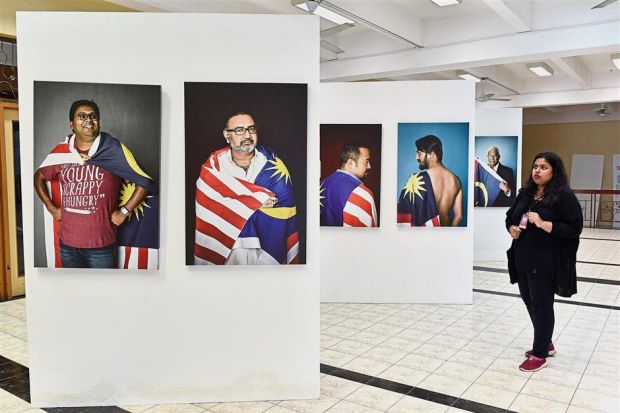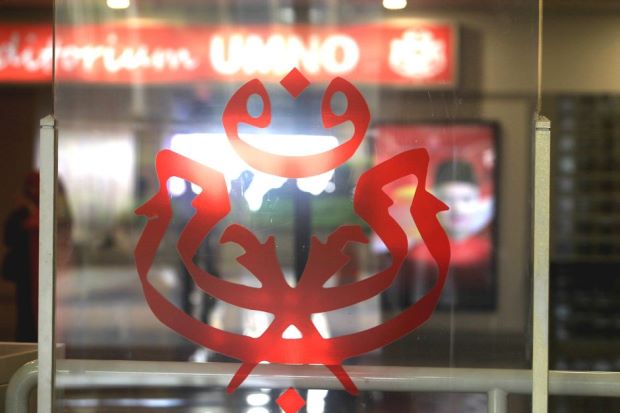
IF there’s one thing the Umno leadership needs to accept – no matter how painful – is that it’s now in the opposition. They got kicked out, and that’s life.
So, for God’s sake, please start acting and thinking like an opposition party. It may be hard after 60 years being at the helm, since the party has enjoyed the privileges of power, which can be intoxicating.
Suddenly, the motorcades are gone, invitations to events have trickled, telephones are not going off the hook, and the formal suits have stayed in the closet.
Umno leaders should forget about “doing deals”. That was precisely what got the party into trouble – those dubious deals.
Some Umno leaders find it hard to be “out of power”. They need to be in power – even if it means playing second fiddle, or even placing third or fourth in the pecking order. But here’s the bad news – Pakatan Harapan doesn’t need Umno.
They need to stop leveraging on the spin that Tun Dr Mahathir Mohamad needs them to keep Datuk Seri Anwar Ibrahim at bay. It sounds good for them, but the danger is that Umno MPs may start believing in their inflated sense of self-worth.
The PH government has the numbers. They have formed government and are running the country.
Governments in other countries, such as the Kuomintang party, which founded Taiwan, is now in the opposition but was the ruling party for decades, amassing huge assets. And like Umno, it also got embroiled in corruption.
The KMT maybe be broken now, but it still has plenty of assets. When the party fled to Taiwan after losing the civil war to the communists in 1949, it took millions in gold, bonds and antiques, all of which became part of the foundations of the party’s fortunes.
It also inherited assets left by the Japanese during their 50 years ruling Taiwan, but the KMT has come under investigation for public and private assets it seized after arriving in the country.
With its assets recently frozen, it had to cut staff from 800 to under 400 personnel because of insufficient funds. Sounds familiar, doesn’t it?
Then, there is the Indian National Congress, founded in 1885, and which ruled India for 60 years, yet today, is in the opposition and struggling to remain relevant.
In Britain, the Conservative and Labour parties have been voted in and out of government. Amazingly, in all circumstances, even when alliances were made with smaller parties, the loser ended up accepting the people’s verdict and simply worked towards getting re-elected.
So, it is terribly embarrassing to see how Umno leaders crawled to Dr Mahathir, seeking advice on how to keep his former party alive. I mean, why would he even want to see Umno remain intact?
If that’s not enough, Umno had to use its usual trump cards of race and religion as reasons for the formation of a unity government, comprising mainly Malays and Muslims, to safeguard the interests of the community – after billions of ringgit vanished!
It’s also incomprehensible to be telling Umno leaders in Kelantan and Terengganu, who have fought against PAS since Umno’s formation, that they now must work with the Islamist party.
And in the same breath, try to persuade what’s left of the Barisan Nasional component parties that it is merely trying to reach an understanding with the fellow opposition party.
Umno and PAS are supposed to represent different things. Umno is Malay and Muslim, but is supposed to be moderate, inclusive and has shared power with the MCA and MIC, even in Malay-dominated constituencies.
Of course, these Barisan component parties don’t understand what’s going on because Umno members themselves are clueless about this purported deal with PAS.
And why should PAS want to share power with Umno? It has control of two states. It has exuberantly introduced whipping and gender segregation at public events again, making the two states look like some extremist Middle East country.
The party is happy to equate liberalism with open sex, hedonism, LGBT and everything else it deems sins. And can we be blamed if we feel that Umno is happily singing the same tune and sharing the same ignorance of what liberalism means? And now, we even have a new term – super liberalism. Go figure.
And why shouldn’t non-Muslims feel resentment for PAS when its president questioned Datuk Seri Anwar Ibrahim for attending gatherings involving other faiths, or for the PKR president-elect to contest in a multi-racial constituency?
If Umno chooses to work with a party like PAS, then it’s heading down a slippery slope, if it’s purely about retaining or winning the Malay votes, because the party is bound to be grilled for what it stands for. Surely, it can’t be the same as PAS.
The DAP and PKR had been in the opposition for years, even decades, with their leaders paying a heavy price for their political convictions, but they continued with their struggles. We don’t have to agree with their politics and what they stand for, but credit where it’s due for their convictions.
And here we are – Umno suffers one defeat, and it’s running around like a headless chicken, which is how the party is being described now.
If it wants to get its house back in order, Umno first needs to reform itself. It is a flawed product, but not entirely a rejected or expired item.
It must appear an alternative. The voters are testing the PH government to see if it’s any good. Why not? After all, they gave the Alliance and Barisan a good 60 years, and they became arrogant and corrupt.
The voters are basically the customers, but Umno forgot that detail and expected the customers to be grateful, which is ironic. But that was exactly how Umno treated its customers.
Malaysians would like to see Umno leaders stop acting like big shots (which they no longer are), admit their mistakes and excesses of the past and, step down from their pedestal and be ordinary Malaysians.
Surely, we want leaders who can speak the languages of the people, understand their needs and sentiments, and just be one of us.
They ought to know that we are tired of having to address them by their titles and being expected to line up to kiss their hands. And for some bizarre reason, we wonder, too, why their identity cards need to carry their fathers’ titles!
So, we now have Tan Sri Awang Ibrahim bin Tan Sri Osman Tengah. If you don’t believe me, check the Mykads of most Umno members.
That’s how ridiculously far we have allowed this scheme of grandiosity to go with our obsession with titles. Now, it’s refreshing to see Cabinet ministers with no fancy titles.
We are watching all these newbies, so, don’t try to con us with pictures of them flying economy class, especially during the first year, and then subsequently, and quietly, enjoying the perks of power.
It’s obvious that the corrupt show their greedy selves in the second term of office.
But all is not lost for Umno. It has 49 MPs and that’s a substantial number. It must come across as an opposition worthy of being voted back into power, or it can continue to use the faces of political minnows, with their aggressive and irrational behaviour that is incongruous with the New Malaysia. It looks like Umno hasn’t learnt yet.
If the leaders can’t think well, then, it has to set up a really good think-tank capable of drafting the best papers and sound bites for Barisan leaders, and even produce policy papers that will put the party in good light.
Unlike the other component parties, Umno is still able to retain some very good youth leaders who can articulate their thoughts well, and with good command of Bahasa Malaysia and English. These fresh faces must surely be in the forefront.
If the warlords who run the divisions continue to have their way – now that the easily available funds are drying up quickly – then the demise of Umno will be near, and if they are still looking for deals, then it will be even closer.


